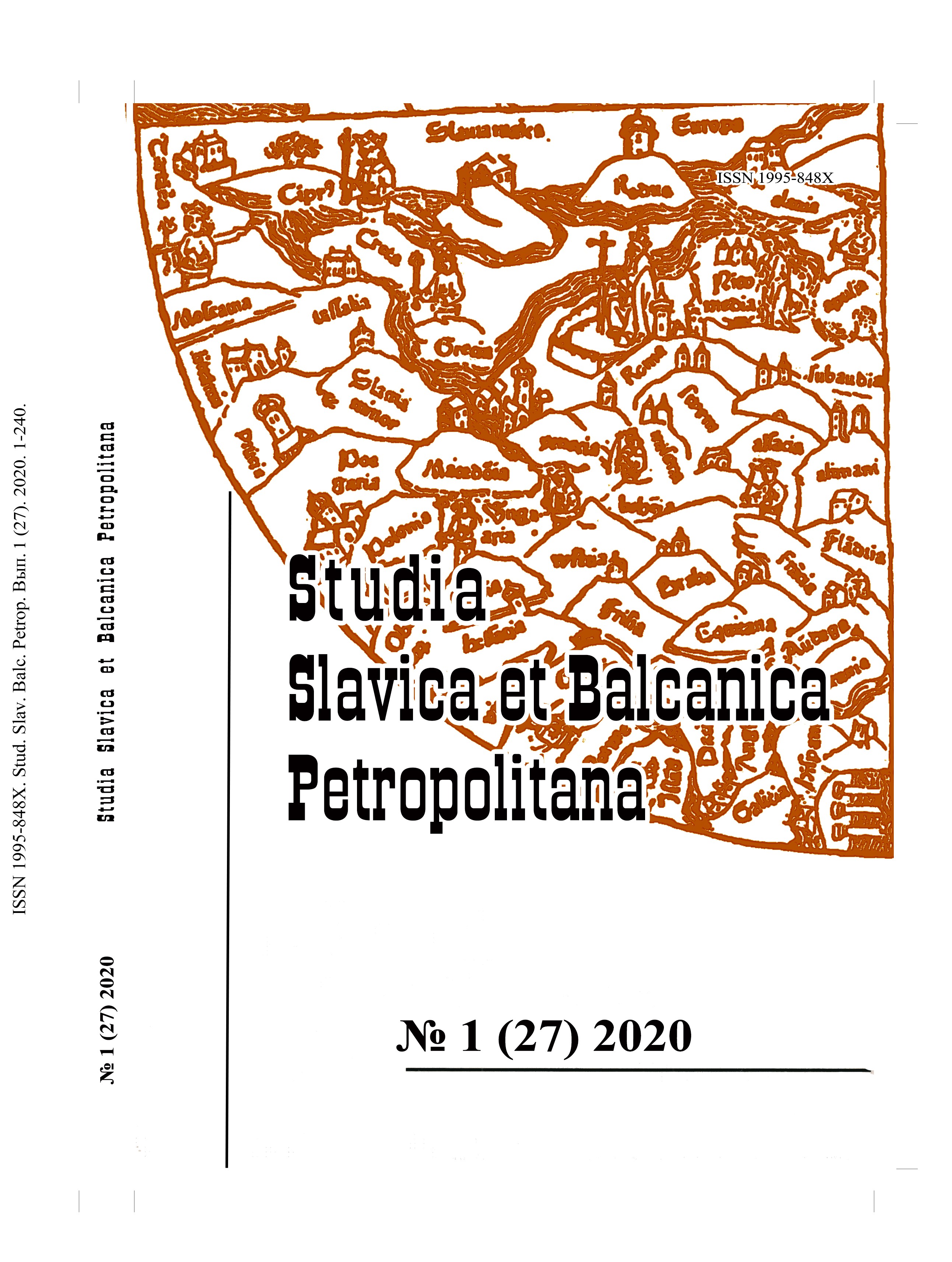Как сегодня изучать фронтиры? Дискуссия по статье Д. В. Сеня
How to study frontiers today? Discussion on the article by D. V. Sen’
Author(s): Dmitriy Vladimirovich Sen', Eduard Leybovich Dubman, Irina Petrovna Basalaeva, Yuri Aleksandrovich Mizis, Vladimir Milchev, Michael Khodarkovsky, Amiran Tarielovich UrushadzeSubject(s): History, Diplomatic history, Ethnohistory, History of ideas, Local History / Microhistory
Published by: Издательство Исторического факультета СПбГУ
Keywords: historiography; colonization; borderlands; comparative studies; contact zones; borders; frontier; frontier theory; frontier studies
Summary/Abstract: The discussion was devoted to the consideration of the paper, written by D.V. Sen’, about the current situation in frontier researches in Russia, which was published in the current issue of the journal. The participants of the discussion were scholars from Russia, the United States and Ukraine, who are studing the history of border territories and border communities. They focused on several key problems related to the main topic of discussion. These are the questions: 1. Is the frontier concept convincing today? What are its strong and weak aspects? 2. Is the concept of a frontier effective for studying all countries, or only some? To study the history of which countries it is useful and in which it does not work? Why do you have such a point of view? 3. Why are continued new attempts to find alternative theories of the frontier theory? 4. What perspectives have comparative studies of the frontier, which compare the history of the frontier of different countries? 5. Is it possible to apply the concept of frontier to the history of Russia? To study the history of which Russian regions is it effective? What “Russian frontier” looks as a myth? Some participants consider the frontier model “politically insecure”. Other participants considered this idea to be irrelevant. However, there is no reason to consider be untenable the concept of a frontier unproductive on the fields that have analogies between the American frontier and other frontiers. Various points of view were considered about the validity of the frontier theory in relation to different cases, examples of explaining these events in the context of the history of different states, territories, cultures using the concept of a frontier. The question was discussed whether the theory of the frontier can provide at the beginning of the XXI century fundamental influence on the study of the history of Russian regions. The question was asked: why in various national historiographies the debate about the search for analogies or even about the revision of the theory of the frontier does not stop? The participants in the discussion generally agreed with the opinion that the concept of the frontier can be recognized as a convincing explanatory model when referring specifically to the Russian historical experience of the development of new territories in the 16th-19th centuries. The participants of the discussion identified the problems and prospects for the further use of the concept of the frontier, not insisting on its “classical definition” and recognizing the absence of a single (internally homogeneous and consistent) concept of the frontier. An opinion was also expressed about the need to identify the main cases of the transformation of the frontier territory into the traditional territory of the country.
Journal: Петербургские славянские и балканские исследования
- Issue Year: 2020
- Issue No: 1 (27)
- Page Range: 81-105
- Page Count: 25
- Language: Russian

